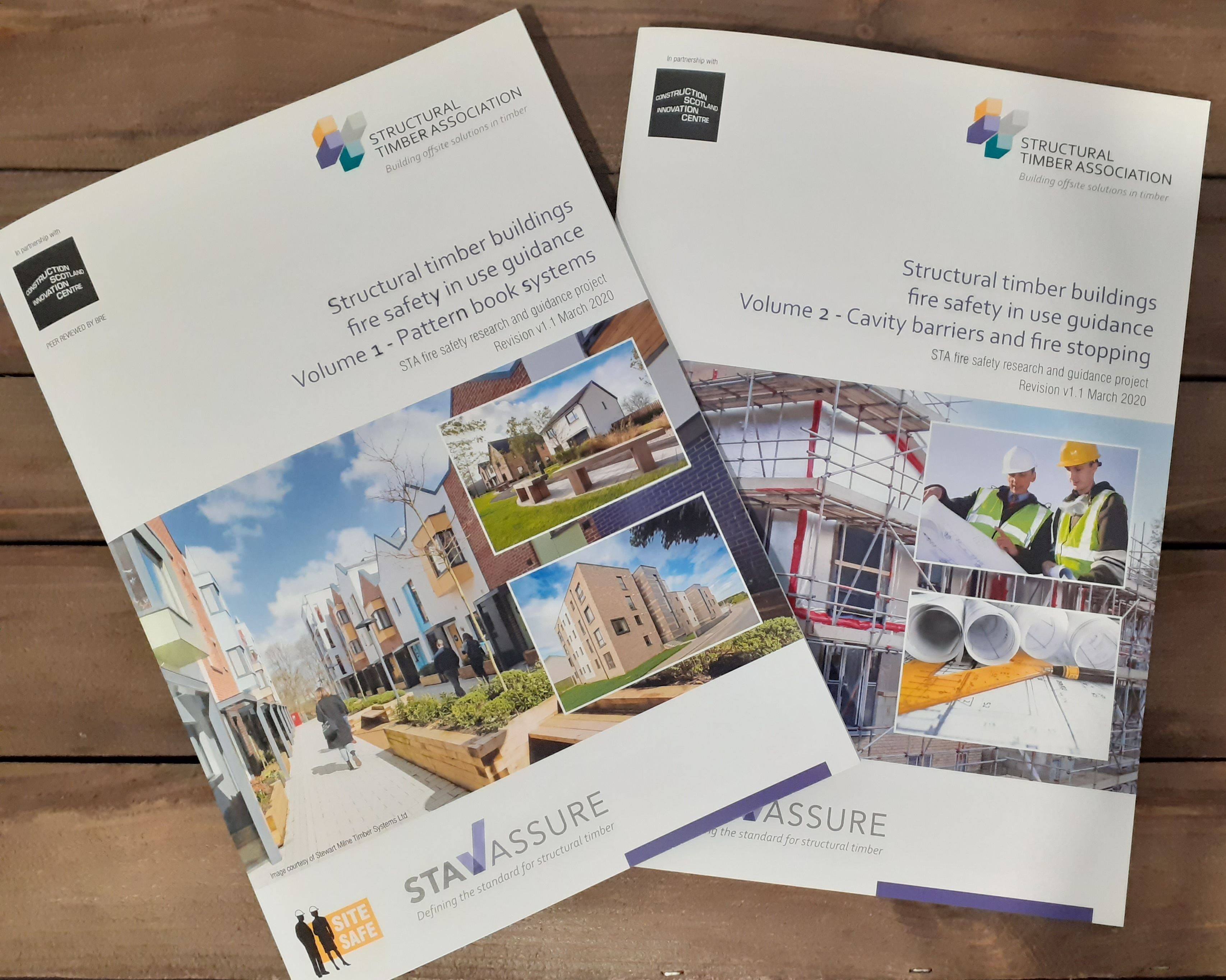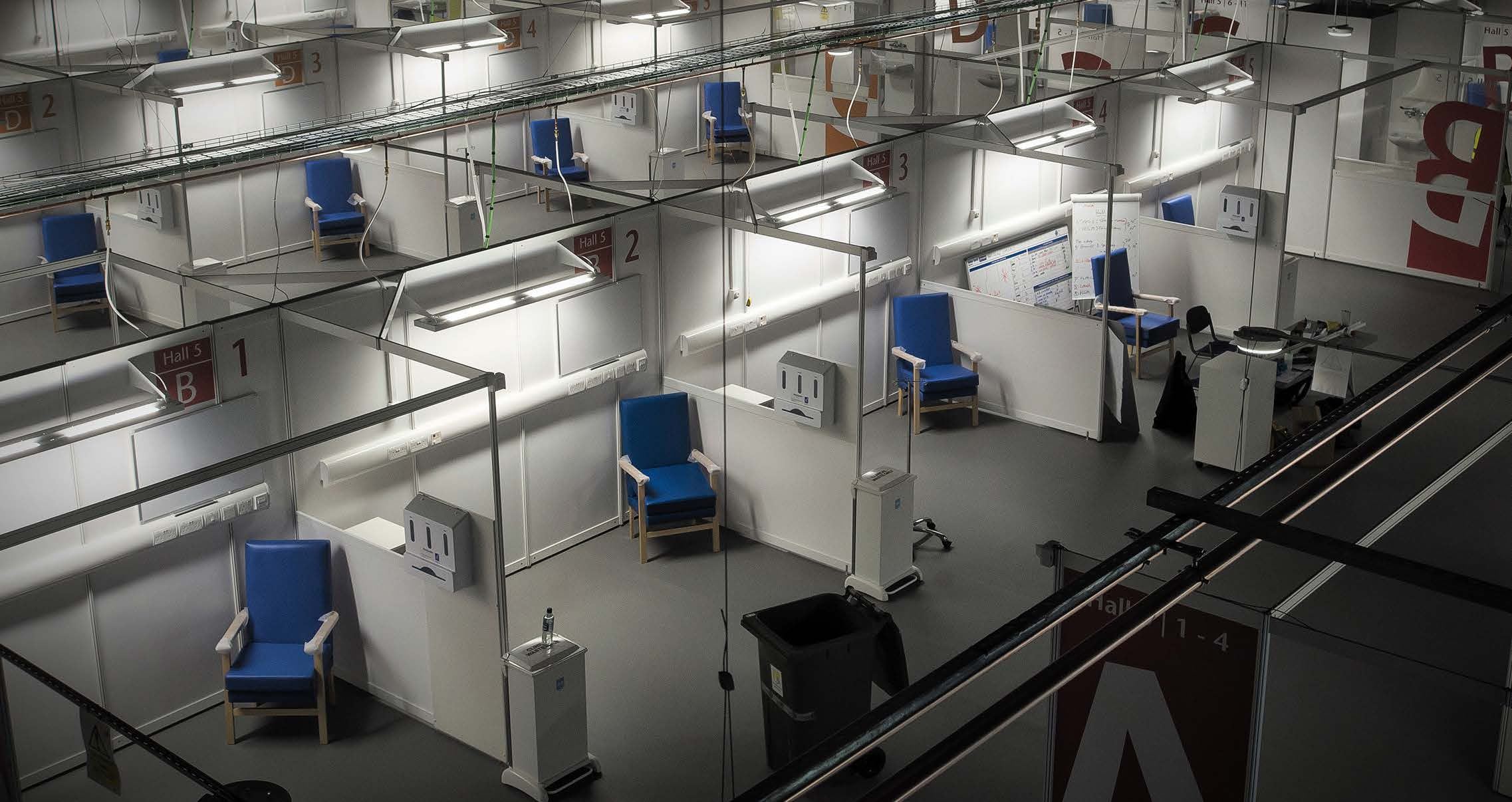Content
Transforming Timber
Growing advanced manufacturing and the supply chain using local expertise and resources
BE-ST’s Innovation Campus and a collaboration of leading academics, SMEs and supply chain partners have been working together to transform the UK construction industry by using the sustainably-managed and renewable natural resources of our Scottish forests to create engineered products to complement or replace more carbon intensive structural engineering materials. The Transforming Timber (TT) programme brings together a range of different projects and initiatives:
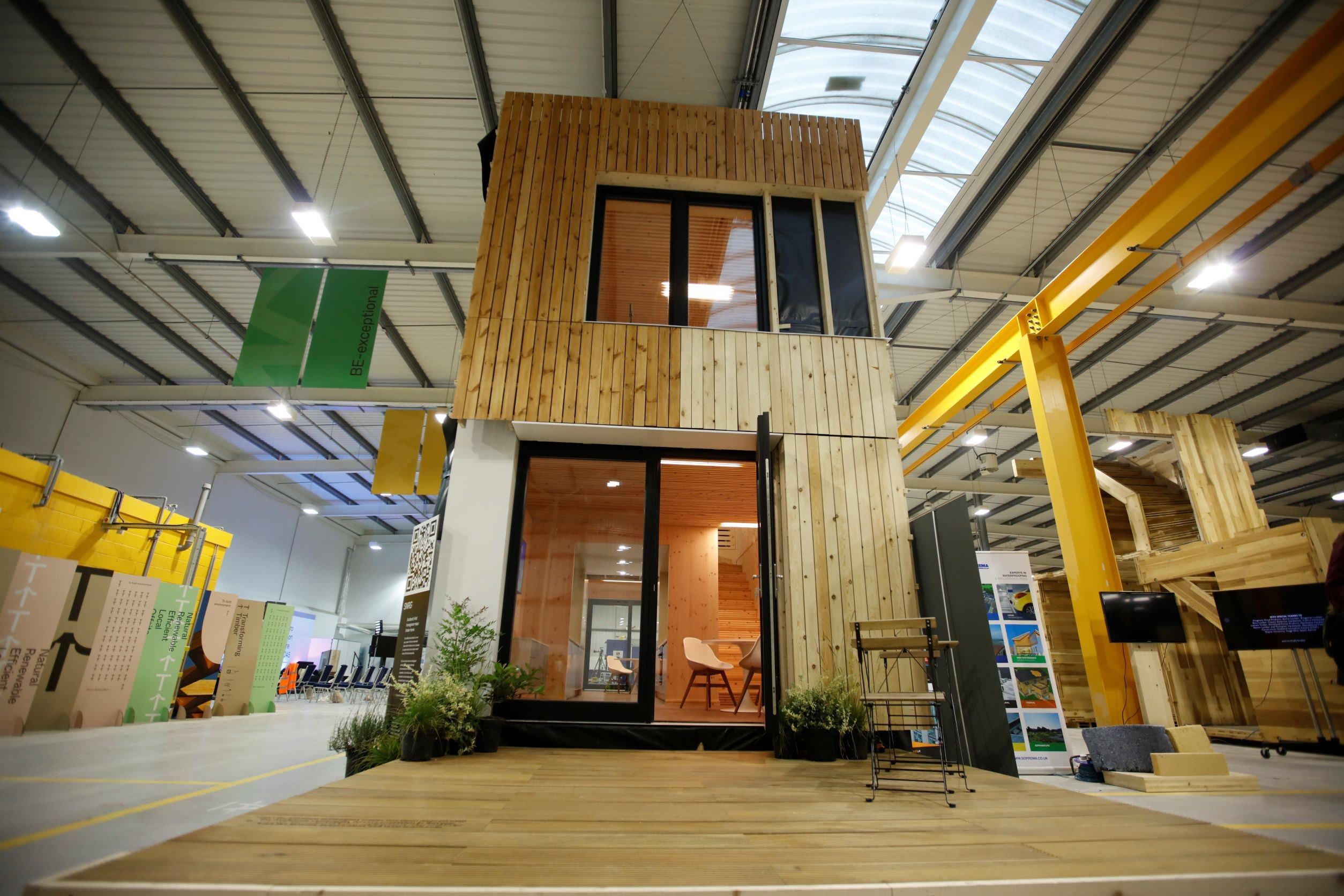
SNRG COP26 demonstrator
In its initial two phases TT has kick-started the delivery of new homegrown mass timber products and services to increase buyer confidence, and pump-prime the UK mass timber market with homegrown products. An element of this project was the construction of the UK’s first two-storey, two-bedroom homegrown mass timber duplex for demonstration at Glasgow’s COP26 in November 2021.
View the SNRG COP26 demonstrator.
Funded by:
- Innovate UK
Project partners:
- Edinburgh Napier University
- The University of Edinburgh School of Engineering
- EcoSystems Technologies
- BSW Timber Group
- SNRG powered by Centrica
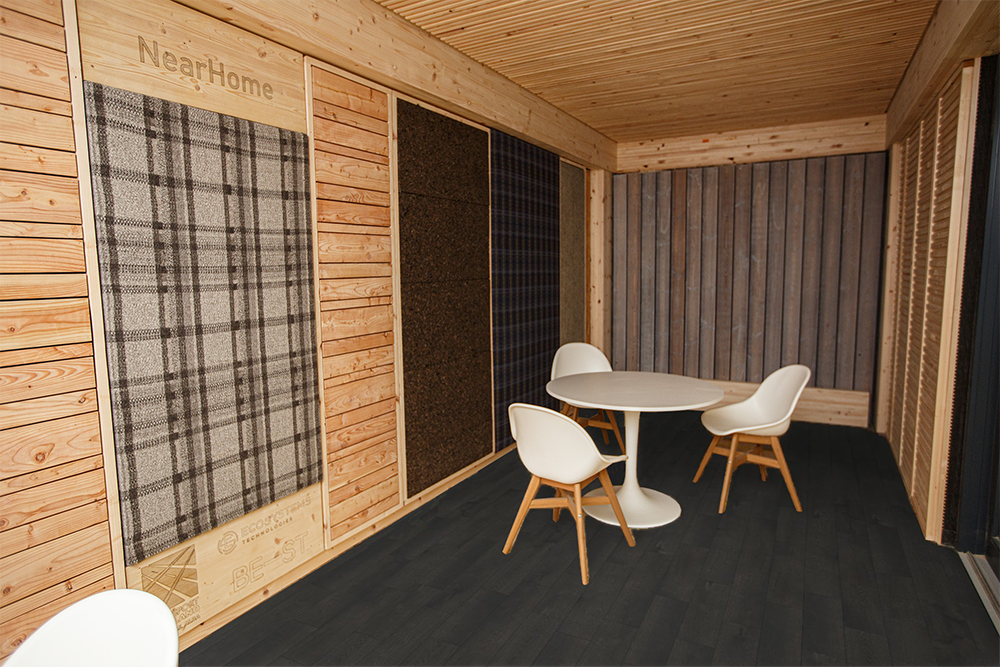
Near Home
The project used the TT principles, processes and materials to create local, sustainable work hubs. It established an open-source toolkit which could be used to retrofit existing spaces to create work hubs.
Funded by:
- Transport Scotland under the Work Local Challenge Programme
Project partners:
- Scottish Futures Trust
- BE-ST
- South Lanarkshire Council
- ECOSystems Technologies
- Edinburgh Napier University
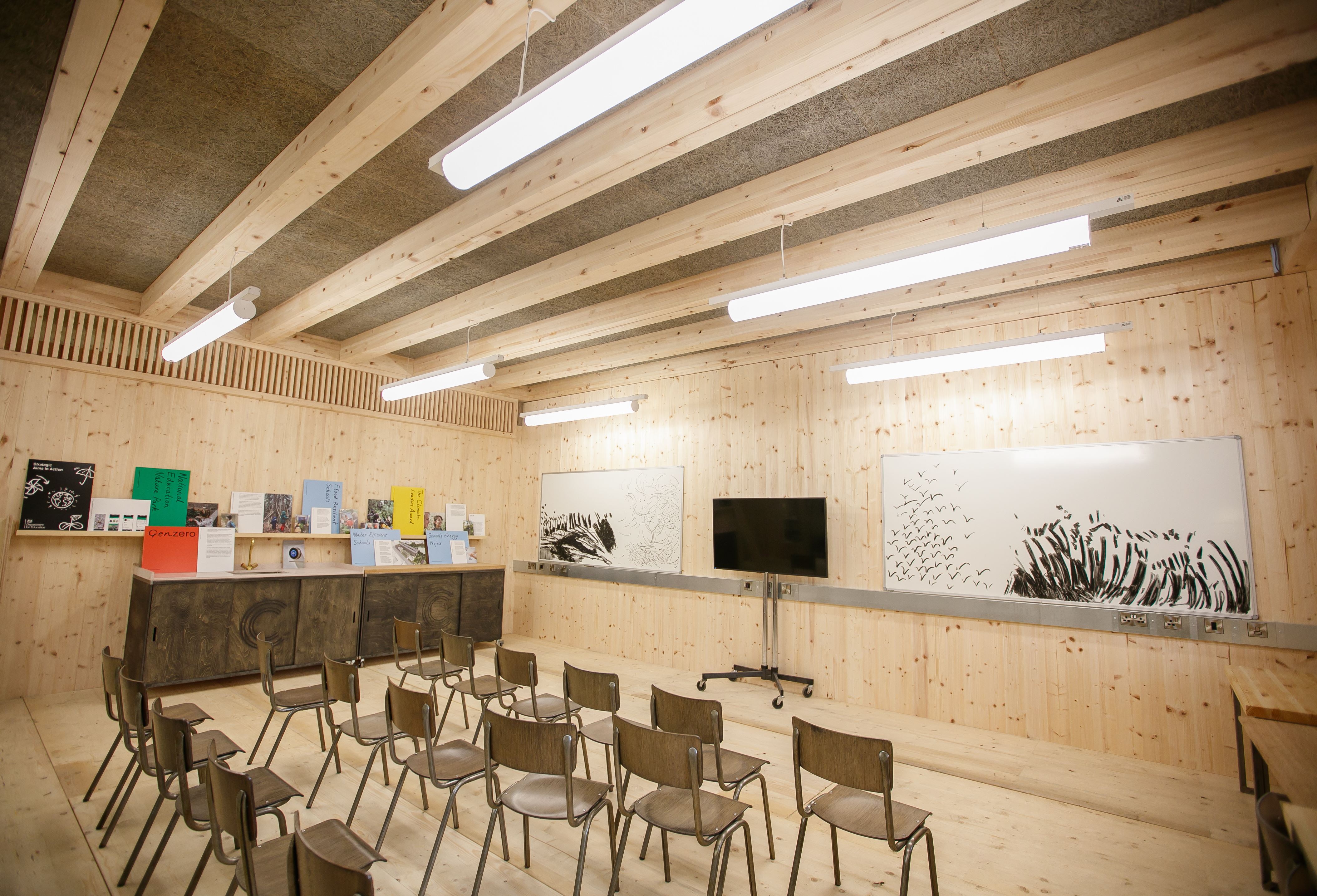
GenZero
The TT team worked with the Department for Education to develop a demonstration classroom for COP26, collaborating with government procurement departments to incorporate the term “homegrown timber” into the specification, and agreed to manufacture and construct three new classrooms for live school sites in England for post occupancy evaluation (POE).
Funded by:
- Innovate UK
Project partners:
- Department for Education (DfE)
- EcoSystems Technologies
- Manufacturing Technology Centre (MTC)
- Active Building Centre
- Construction Innovation Hub
- Smith and Wallwork
- Mott Macdonald
- Lyall Bills & Young
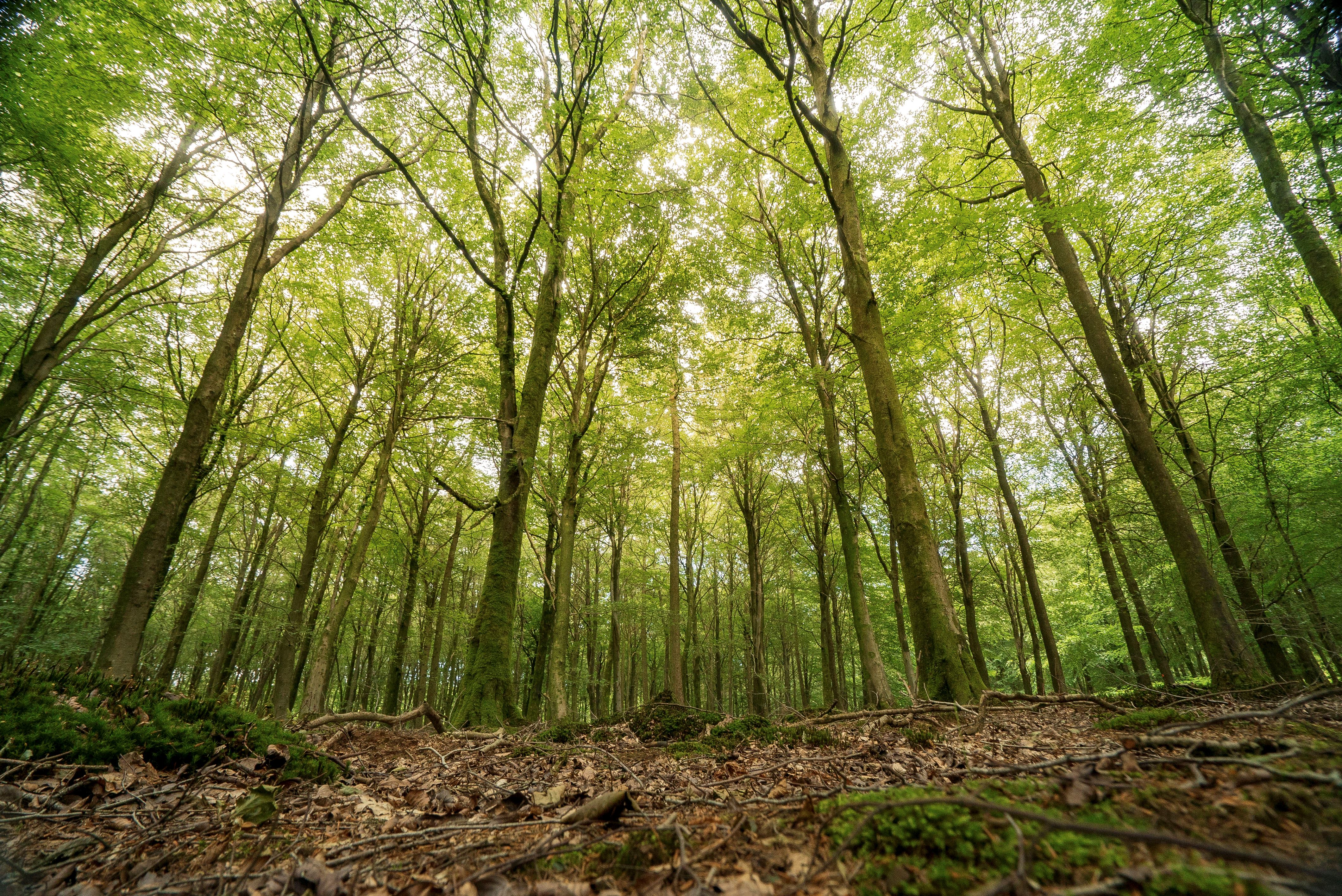
Building from England’s Woodlands
For the first time, researchers are examining the suitability of certain species of English homegrown trees for their use in construction. Focussing on the use of timber in modern methods of construction, partners are collating data on the potential strength grading of each species while also assessing the use of homegrown co-products such as wood fibre insulation. The three-year project could help to reduce the UK’s reliance on imported construction materials, as well as providing low-carbon alternatives to concrete and steel.
Explore building from England’s Woodlands.
Project partners:
- New Model Institute for Technology and Engineering (NMITE)
- dRMM Architects
- Ecosystems Technologies
- Edinburgh Napier University
- BE-ST
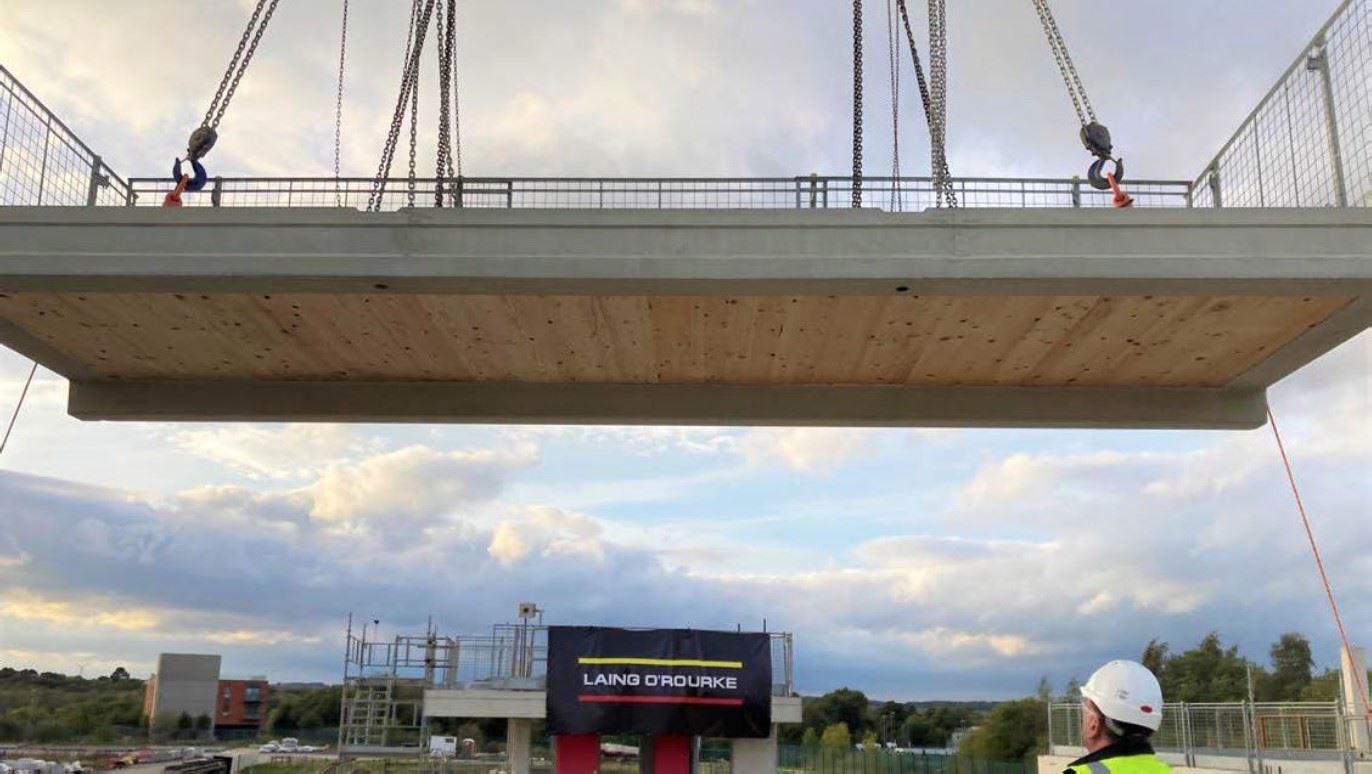
Zero carbon timber concrete composites
Following on from proof-of-concept timber concrete composites manufactured at BE-ST for a live build at Laing O’ Rourke, the major industry player is now looking to decarbonise the concrete used in this system and in all of its projects. The system will use cem-free concrete and cement replacements (geopolymers) and is looking to replace as much concrete with timber as possible and support Scottish mass timber initiative.
Find out more about the Zero carbon timber concrete composites project.
Project partners:
- Laing O’Rourke
- NMITE
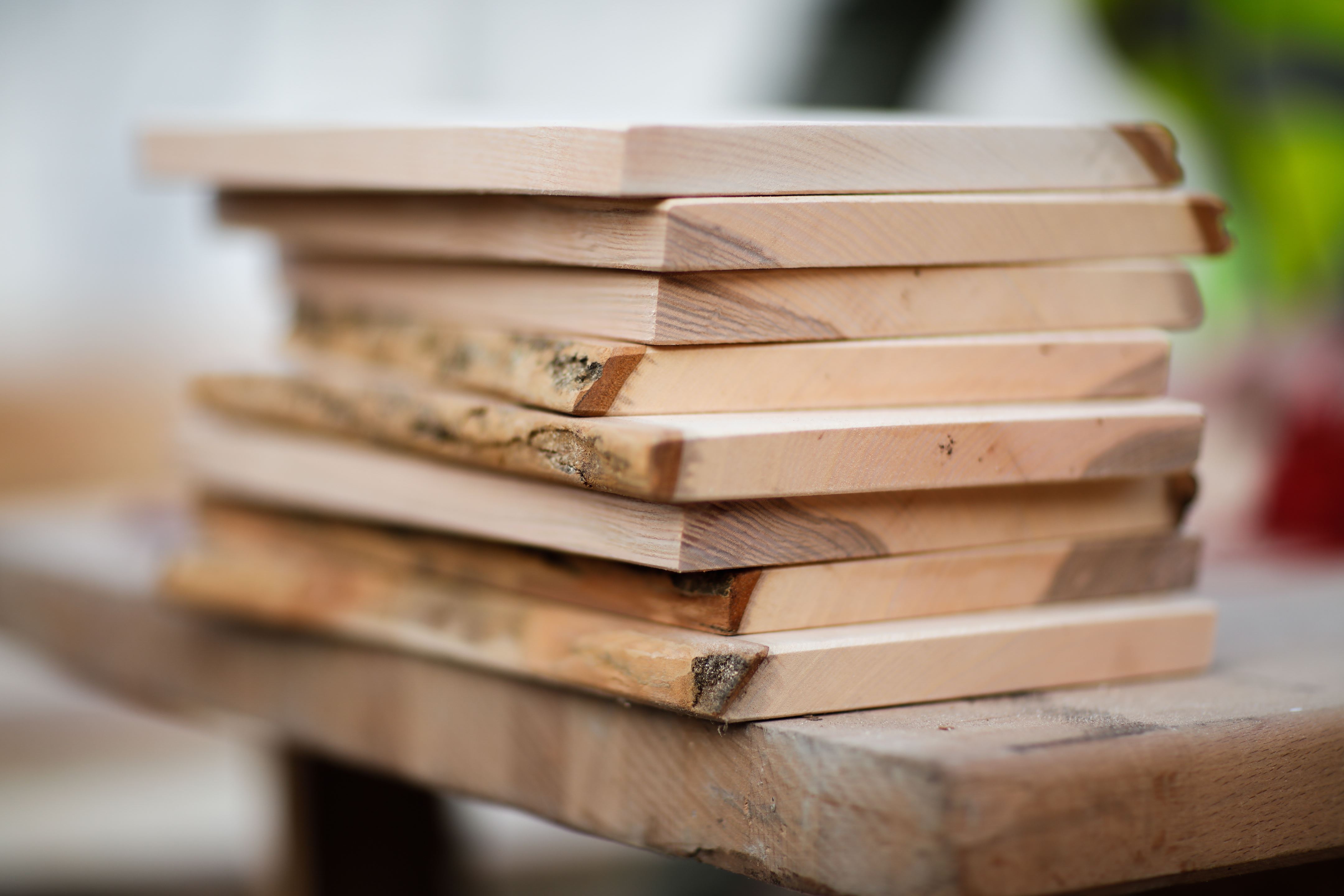
Mass Timber Alliance
To support the commercialisation of mass timber, key stakeholders from the sector and supply chain, have come together to form the Mass Timber Alliance (MTA). The MTA has become the industry advisory group for the TT project as it progresses. The MTA also facilitates supply chain integration with a view to full commercialisation of the project findings.
Read about the Mass Timber Alliance.
Led by BE-ST, the Confederation of Forestry Industries (Confor) and Edinburgh Napier University with members representing forestry, sawmills, designers, engineers, component manufactures, follow on suppliers and end-users such as manufacturers and relevant housebuilders.
Outputs and impacts
- Economic impact throughout supply chains, particularly in the Highlands region
- Environmental benefits of increasing the use of sustainable, renewable, and natural materials in construction.
- Through the increased use of homegrown timber in engineered wood products manufactured in Scotland, the forestry sector is likely to experience a value-add to its raw materials, directly related to the increased value of the end product.
- Identified the case for a modern bio-based manufacturing sub-sector based on circular economy principles, a new multi-million pound manufacturing facility, the associated green jobs created through it, and the additional tax revenue generated for the exchequer.
- The Scottish government has directly engaged with the TT team through their Supply Chain Development Programme (SCDP - part of the Programme for Government 2021-22), committed to further support and develop the reshoring opportunities for mass timber using homegrown raw material.
Following the manufacture of the demonstrator unit, we have received a significant level of commercial interest in engineered timber buildings, and we are already looking at around 30 new projects. Proving the business case for more homegrown timber was a core aim of the research, and with plans for the first dedicated mass timber facility under way, it’s clear that significant opportunities exist.” Matt StevensonOwner, Ecosystems Technologies

